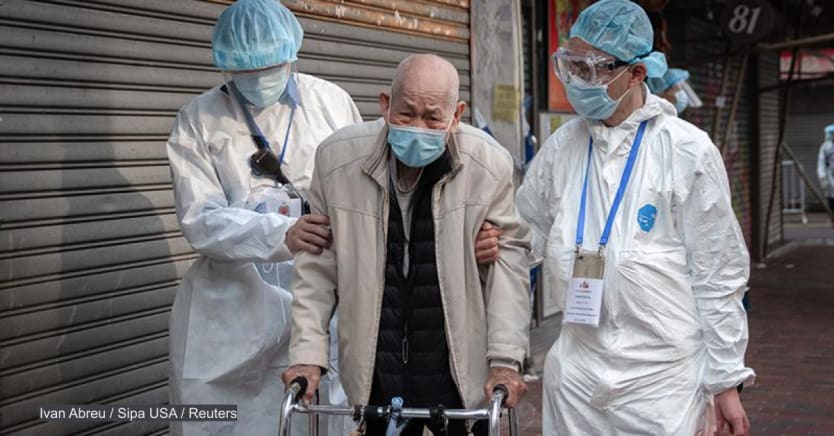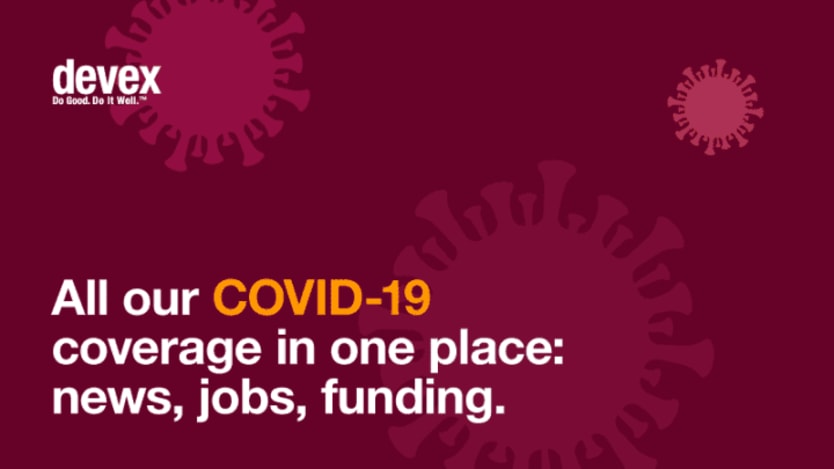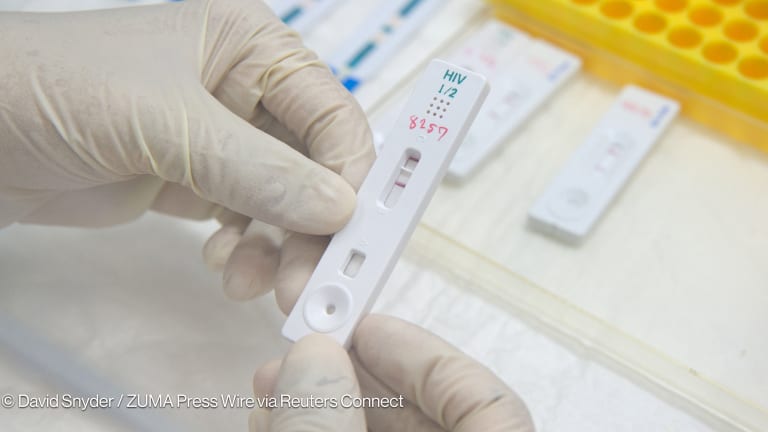
Elder-focused charity HelpAge International is calling for a United Nations convention on the rights of older people, characterizing the treatment of older people during the pandemic as a crisis of ageism and reflective of long-term societal neglect.
In a press statement released on Monday, HelpAge called the myriad deaths of older people in care homes, while staff were struggling to access personal protective equipment and testing equipment they needed “one of the biggest scandals of COVID-19.” The Centers for Disease Control and Prevention estimates that those aged 65-74 are 1,100 times more likely to die from COVID-19 than those aged 5-17 years. Those aged over 85 are 7,900 times more likely to die.
At this week’s global U.N. meeting on aging, HelpAge International, along with other partner organizations, plans to demand that a convention on the rights of older people be drafted, entrenching their rights and calling attention to the need for protection.
“They [age-based restrictions] may protect from the virus, but they also have very negative effects on people's well-being and also on other rights: their right to work ... and their rights to continue to participate in society.”
— Bridget Sleap, senior rights policy advisor, HelpAge InternationalEvidence gathered by HelpAge found that the pandemic exposed systemic ageism and the lack of protection of older people’s human rights. After consultations conducted in October 2020 with older people in 10 countries, representing a cross-section of low- to high-income countries, the organization concluded that older people were discriminated against due to age-based public health responses and failed to access services on an equal basis.
“We need to see concrete action being taken right now,” said Bridget Sleap, senior rights policy advisor at HelpAge. “If a convention on the rights of older people had been in place before the pandemic, this age-based discrimination that caused so much psychological distress would have been unlawful.”
While ageism issues aren’t new, she said, the pandemic has brought them into stark relief, with countries such as Jordan and the Philippines restricting the movement of older people while younger people were allowed to live more freely.
“In some places, older people were not allowed to go on public transport, or they were stopped from going to shopping malls or restaurants. In [Pakistan], they were not allowed to go to the mosque during Ramadan,” she said.
Sleap added that under international law, you are allowed to restrict people’s rights within public emergencies as long as that restriction is necessary, regularly reviewed, proportionate, and non-discriminatory. While governments are believed to have introduced age-based restrictions to protect older people from COVID-19, to which they are more vulnerable than other age groups, she made a case that such measures were both disproportionate and discriminatory.
“They may protect from the virus but they also have very negative effects on people's well-being and also on other rights: their right to work, their access to their livelihoods for example, and their rights to continue to participate in society,” she said.
In addition to the age-based restrictions, Sleap added that there were also examples of access to medical resources being restricted based on age, in some triage protocols deciding who gets access to medical resources when there aren’t enough to go around.
During the pandemic, countries including Spain, Italy, and South Africa introduced guidelines that took age into account when deciding who gets access to critical care beds when resources are limited.
Carole Ageng'o, HelpAge's Africa director, added that in many instances older people were not prioritized when it came to COVID-19 treatment as they were seen as “people who were going to die anyway.”
COVID-19 is not an 'excuse' for human rights violations, UN human rights chief says
The pandemic is worsening preexisting human rights violations, Michelle Bachelet said in an interview with Devex, as she also called for more engagement from the U.S.
Though Ageng'o agrees that a U.N. convention will bring about “unity of purpose” around the issue of older people’s rights, she added that in Africa, an African Union Protocol that speaks a lot about the same issues was adopted in 2016. However, so far, two countries have only ratified it — and 15 need to sign on before the protocol can enter into force.
She blamed a lack of political will — and possibly a lack of awareness — amongst African governments when it comes to protecting older populations.
Elie Mugabowishema, founder and president of Nsindagiza, an organization that advocates for older people’s rights in Rwanda, agrees. He said it’s up to the government to introduce national policies for older people’s rights as citizens, as older people themselves are often not aware that they have rights and few organizations exist to advocate for them.
“It is known here that there are rights for children, youth, [and] women,” he said, “but older people themselves; they are convinced that they don't have rights.”









